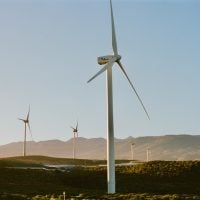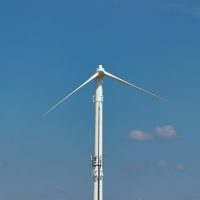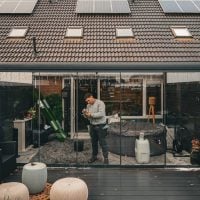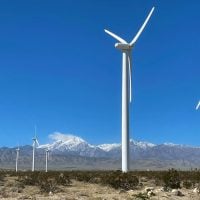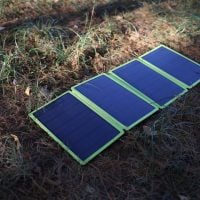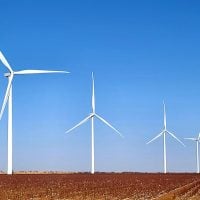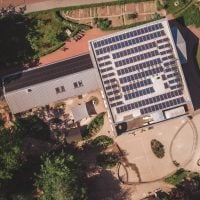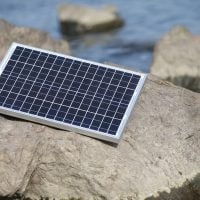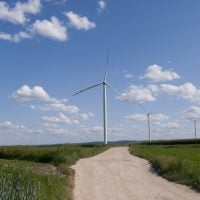Deadline: 20-Apr-23
The European Commission (EC) has announced the proposals for Developing the next generation of power conversion technologies for sustainable alternative carbon-neutral fuels in waterborne applications (ZEWT Partnership).
Scope
Sustainable climate neutral fuels with emissions considered on a full well to wake life cycle basis are expected to be essential to decarbonise deep sea, large scale and energy intensive shipping, with their associated high-power demands. A range of candidate fuels are advocated, including for example liquid and gaseous advanced biofuels and liquids, advanced synthetic renewable energy carriers, green hydrogen, green ammonia and green methanol. Whilst power conversion technologies for these fuels, include novel internal combustion engines and fuel cells are being addressed by ongoing R&I, whilst power outputs are slowly increasing, in most cases, they remain well below that needed for a primary power source which is usable for commercial shipping and systems remain very sensitive to fuel impurities, whereas high purity fuel cannot always be assured for waterborne transport. Large uncertainties with respect to the operational and capital costs are also a barrier for innovative technologies being taken up in the market.
Funding Information
The check will normally be done for the coordinator if the requested grant amount is equal to or greater than EUR 500 000, except for:
- public bodies (entities established as a public body under national law, including local, regional or national authorities) or international organisations; and
- cases where the individual requested grant amount is not more than EUR 60 000 (lowvalue grant).
Expected Outcomes
Project outputs and results are expected to contribute to the following expected outcomes:
- Establish the basis for the on-board deployment of power conversion technologies for sustainable alternative climate neutral fuels by 2030;
- Validate the technical feasibility of the use of innovative power conversion technologies for sustainable alternative carbon neutral fuels in waterborne transport;
- Prove the scalability to power outputs significantly above 3 MW with acceptable power density and high efficiency; Validate achievement of the additional KPIs of; minimum 5 kW/m3 power density (refers to power density of the energy converter, i.e. excluding storage of fuel or liquid electrolytes); minimum 45 % total system energy efficiency including all required ancillaries with zero carbon or climate neutral operation weighted over the MARPOL Annex VI E2 or E3 cycle;
- Support regulatory development within both EU and IMO frameworks;
- Prove the safety of the proposed solutions through verifiable KPIs for the use of the fuel and power conversion system concerned;
- Validate resilience of the power system to possible fuel impurities and variability of the power required by the ship;
- Developed a realistic pathway to the wider use of power conversion system technologies in waterborne transport (e.g. Long Distance, Inland, Cruise, Ferries, Short Sea and Offshore);
- Risk assessed the power conversion system with respect to lifetime, maintenance scheme and life cycle cost as well as a life cycle GHG emissions;
- Where relevant, be coherent with the activities of the Batteries co-programmed partnership and the Clean Hydrogen Joint Undertaking.
Eligibility Criteria
- To become a beneficiary, legal entities must be eligible for funding.
- To be eligible for funding, applicants must be established in one of the following countries:
- the Member States of the European Union, including their outermost regions,
- the Overseas Countries and Territories (OCTs) linked to the Member States,
- countries associated to Horizon Europe;
- the following low- and middle-income countries.
For more information, visit European Commission.

